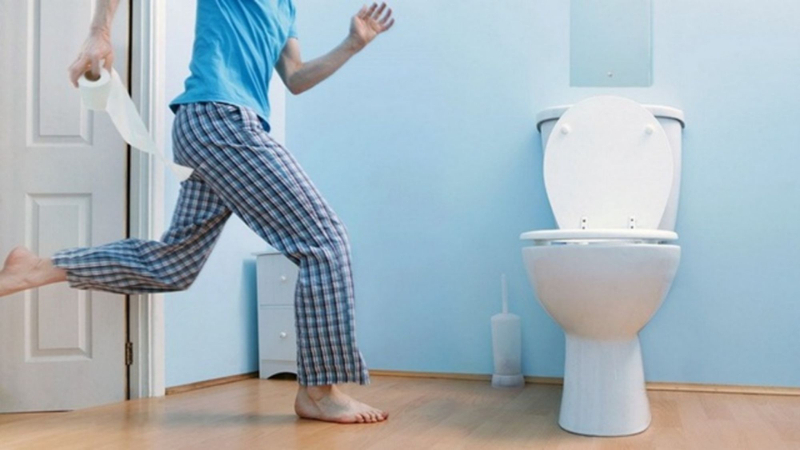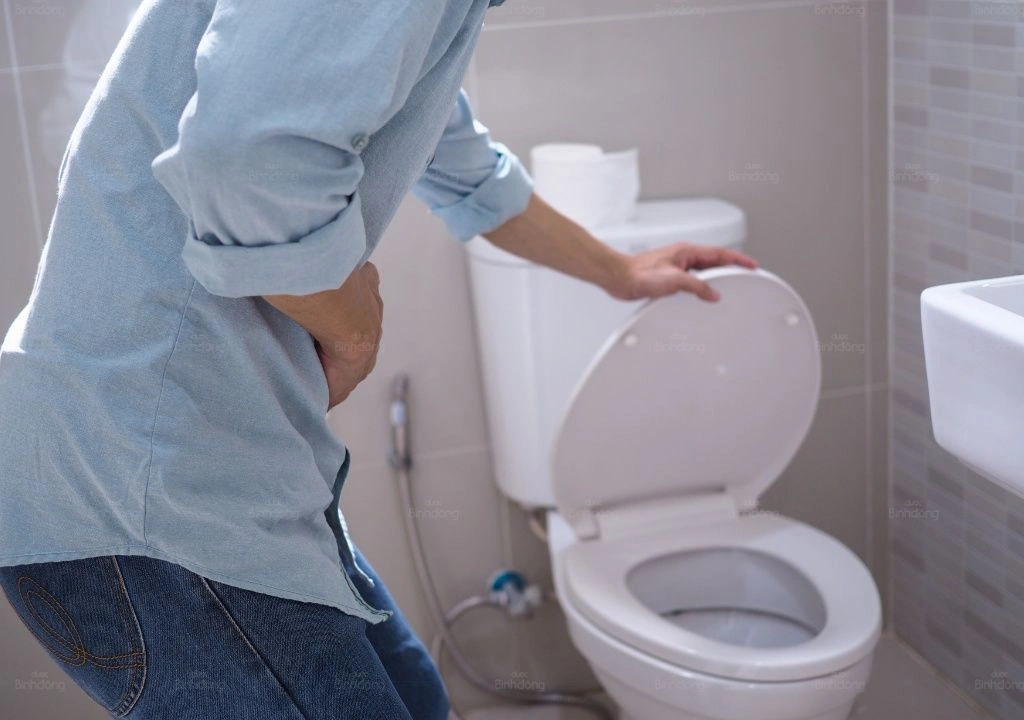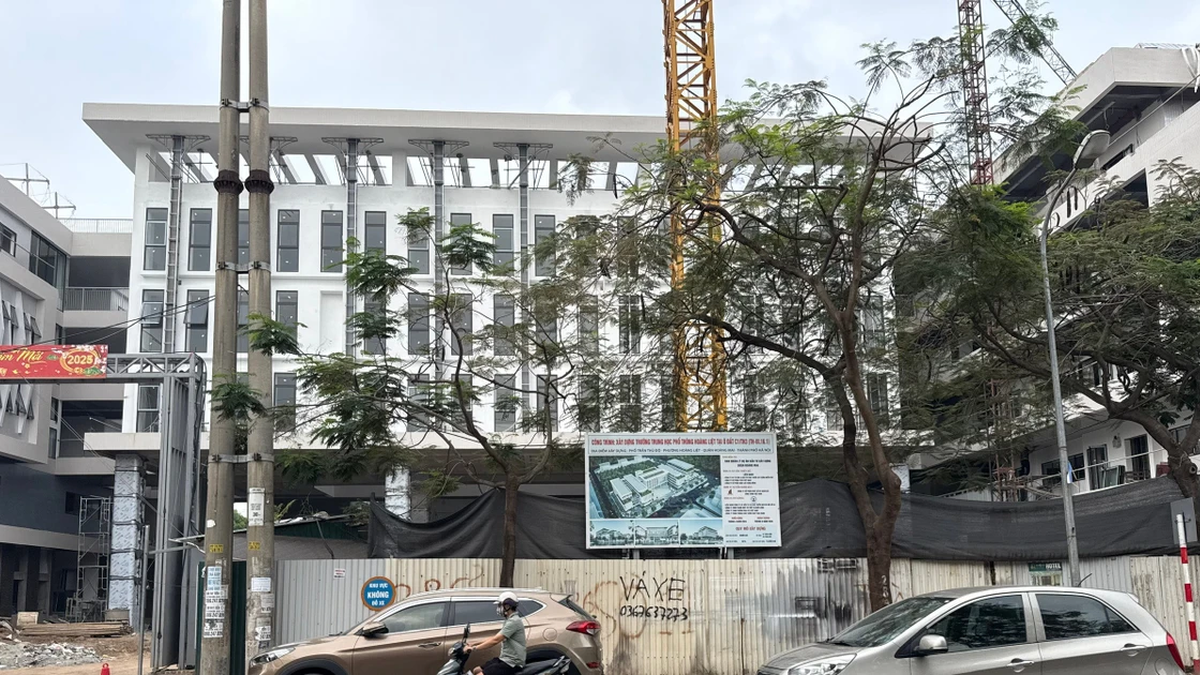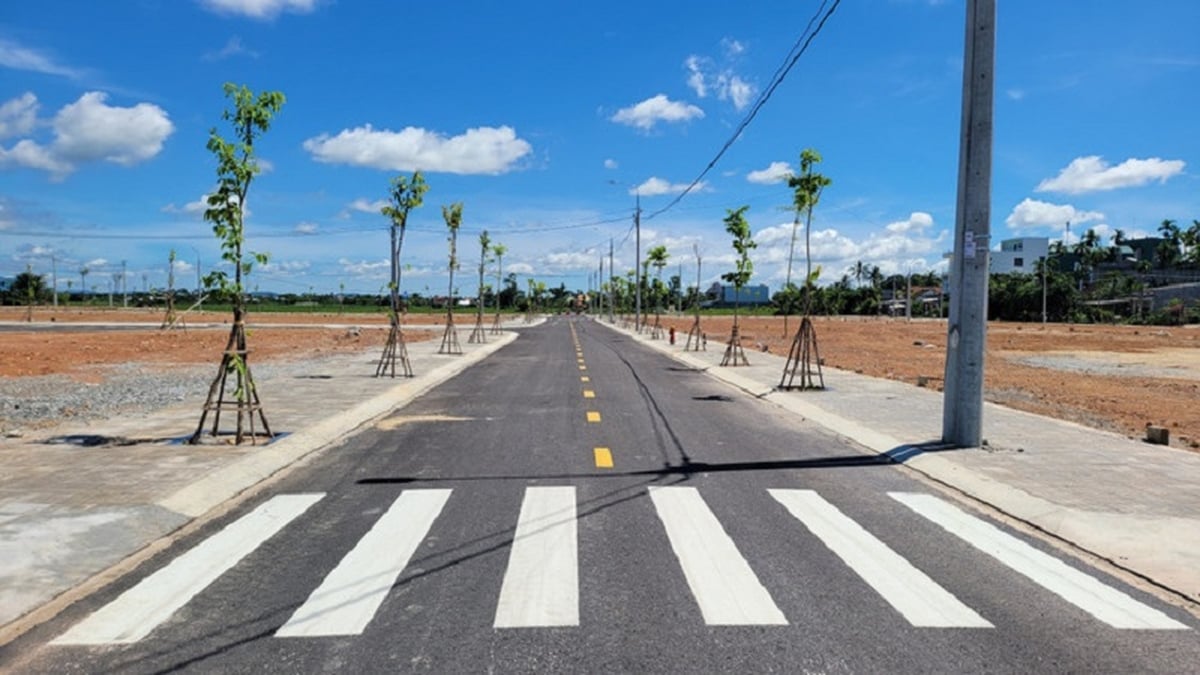Frequent urination at night directly affects sleep and in the long run will cause health problems.
What is frequent urination at night?
According to the International Urological Society (ICS) definition, nocturia occurs when a person wakes up to urinate between the time they fall asleep at night and before they wake up the next day.
In general, to assess whether a person has frequent nocturia or not, it is necessary to refer to the values of the following three indicators:
The first index is the number of times you urinate per night. Under normal circumstances, an adult will wake up to urinate 0 to 1 times at night. If you wake up to urinate more than twice, you can say that you have frequent nocturia.

The second indicator is urine volume. The total urine volume of a healthy adult in 24 hours is about 1500ml, equivalent to 3 to 4 bottles of mineral water.
Because metabolism slows down after a person falls asleep, the amount of urine produced at night is significantly less than during the day. The ratio of daytime and nighttime urine output is usually 2:1.
When the amount of urine produced at night is greater than 500ml (about the size of a bottle of mineral water) or when the amount of urine produced at night is greater than the amount of urine produced during the day, it can be considered nocturia.
The third index is the ratio of urine volume to body weight. Some Japanese experts have proposed that the ratio of nighttime urine volume to body weight can be used as an index to determine whether there is increased nocturia.
When the value of nocturnal urine output (ml)/body weight (kg) is greater than 10, it means increased nocturia.
For example, for a person weighing 50kg, the amount of urine at night is considered normal if it is within 500ml, and if it exceeds, the amount of urine will increase.
If any one of the three criteria above is met, it can be considered nocturia. The higher the frequency of nocturia, the greater the impact on sleep.
Frequent urination at night is due to weak kidneys?
A survey by the American Sleep Foundation found that 53% of people between the ages of 55 and 84 experience sleep disturbances due to nocturia.
Many people believe that frequent nighttime urination is due to “poor kidneys” or “old age.” This is true because some kidney diseases, such as hypertensive kidney disease and chronic kidney failure, can cause increased nocturia; the incidence of nocturia increases with age.
Studies have shown that about 70% of people over 65 years old suffer from nocturia, and this rate increases to 90% in people aged 90 years and older.

However, this does not mean that only poor kidneys and aging can cause frequent nocturia. Increased nocturia has both physiological and pathological causes. Its appearance is often due to the accumulation of many factors and cannot be simply due to increasing age.
Physiological polyuria: often includes drinking too much water before going to bed, drinking too much diuretics (such as coffee, alcohol), eating too much salt, insomnia and anxiety, and impaired kidney function in the elderly.
Pathological polyuria: often due to reduced bladder capacity, prostate enlargement, chronic pyelonephritis, urinary tract tumors such as bladder tumors, etc.
Benign prostatic hyperplasia : Benign prostatic hyperplasia is the most common cause of frequent nighttime awakenings in middle-aged and older men.
The prostate gland in men is mainly located below the bladder, surrounding the junction between the upper urethra and the bladder. When the number of cells increases significantly, it can easily cause obstruction of the bladder outlet.
Increased residual urine volume reduces the bladder's ability to function effectively, and urinary frequency increases.
Urinary tract infection: for women, the most common cause of “nocturia” is urinary tract infection. The so-called urinary tract infection refers to a series of inflammatory reactions caused by bacteria and other pathogens entering the urinary system.
Most urinary tract infections are caused by bladder infections. When inflammation occurs in the bladder, the urinary center is more easily stimulated due to a decrease in nerve receptor threshold, causing frequent urination at night. It can also cause urinary urgency, pain and burning when urinating.
Diabetes: Hyperglycemia affects the nerves around the bladder, causing the urethral sphincter, bladder muscles and other muscle functions to lose coordination, causing urinary disorders such as frequent urination, incomplete urination, urgent urination but small amount, overstretched bladder but no urine.
In general, if you frequently have to wake up at night to go to the bathroom and the cause is unknown, you should go to the hospital for a check-up.
Source: https://giadinhonline.vn/tieu-dem-nhieu-co-phai-do-than-kem-d202669.html
































































































![[Infographic] In 2025, 47 products will achieve national OCOP](https://vphoto.vietnam.vn/thumb/402x226/vietnam/resource/IMAGE/2025/7/16/5d672398b0744db3ab920e05db8e5b7d)







Comment (0)